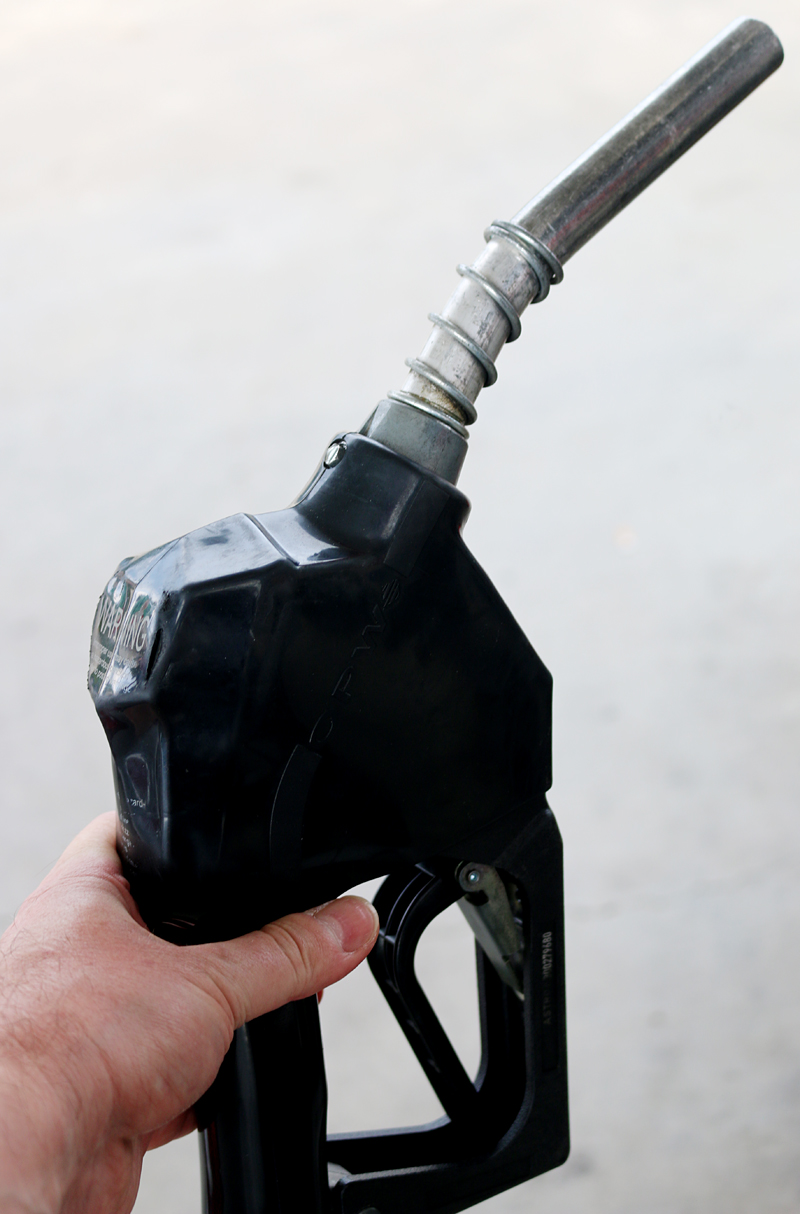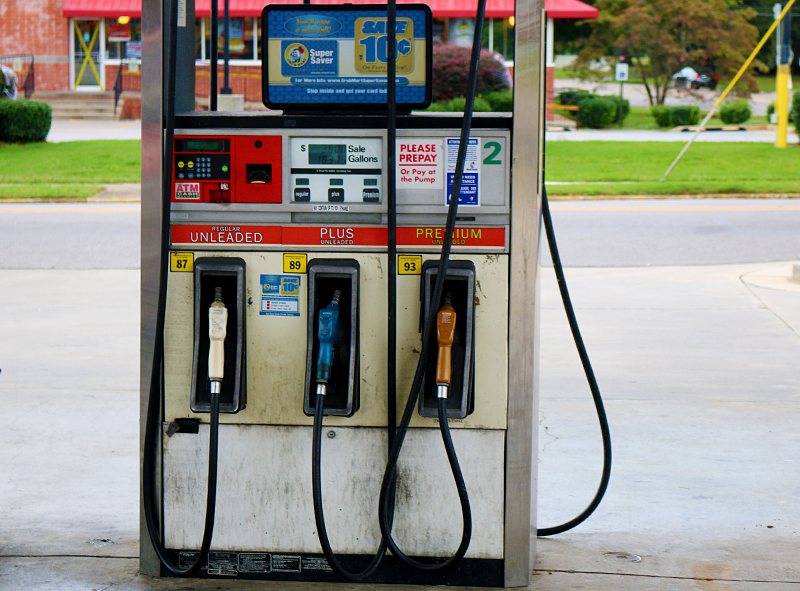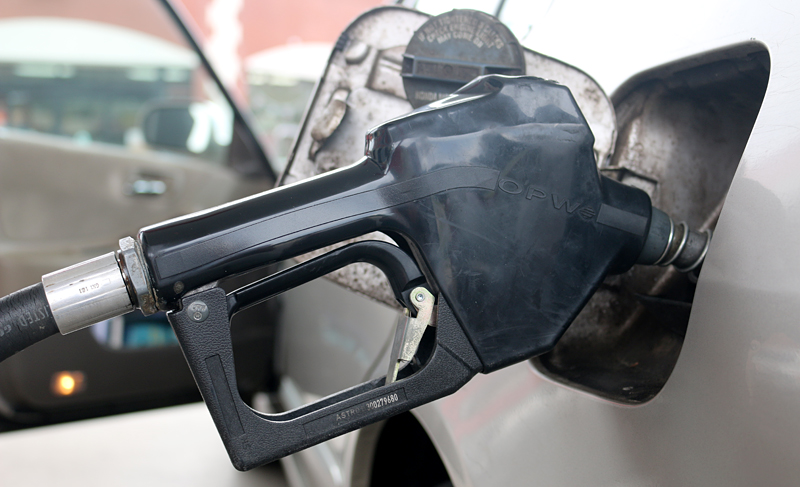Life can be easier with the right technology, as it can save time, effort, and money — unless the technology is not working in the way that it was designed. For one person, that meant being charged a lot more for gasoline by a rental car company than was expected.
$115 Per Gallon of Gasoline Is the Rate That He Was Charged?

Consider the experience of FlyerTalk member PHLGovFlyer, who had just recently completed a two day rental of a Ford Edge Ecoboost sport utility vehicle at Minneapolis-Saint Paul International Airport. As a member of President’s Club who had been upgraded from booking a reservation for a full size car, PHLGovFlyer rents from Avis Rent A Car System frequently. The fuel tank was filled at the conclusion of the rental; and then it was driven three miles to the Avis return area at the airport.
“The Avis attendant simply waived me along stating that he would take care of everything and that I’d be emailed a receipt”, PHLGovFlyer posted in this discussion. “The receipt arrived in my email a few hours later and the total cost was about $23 more than what I’d booked. It turns out that Avis determined that the fuel tank had 0.2 gallons less in it than when I picked up the car. They proceeded to charge me $2.00 for the actual gas, plus a $16.99 Fuel Service Fee, plus various taxes on top of those for a total of almost $23 ($115 per gallon net).”
The charge was successfully removed after PHLGovFlyer called Avis, who gives a friendly warning or lesson that the fuel tanks of vehicles may need to be overfilled prior to returning them to the rental car facility at the airport — but as an engineer and a numbers guy, “I highly doubt that the fuel level measurement systems in Avis’ cars meet Minnesota’s (or most other states) weights and measurements standards for commerce. If Avis wants to charge their customers an effective rate of $115 per gallon of fuel not returned they should be subject to the same measurement accuracy qualifications and inspections that every gas station in the state is subject to.”
Apparently, PHLGovFlyer is in no way the only person who has experienced this situation — but you can protect yourself.
“Unfortunately, it’s not uncommon to be erroneously slapped with an automatic fuel-service charge even when you properly refill the tank”, according to this article which was written by Chris Luth for AutoSlash. “That’s because ‘connected car’ sensors are notoriously fickle, and often read the tank as being shy a gallon or two even when they have been filled to the brim. We always recommend taking a photo with your cell phone of the dashboard, showing both the mileage and fuel level as you return the car. Also, take a photo of the fuel receipt from your pre-return fillup. Being armed with these proofs is your best protection against getting overcharged.”
Final Boarding Call

Rental car facilities have every right to profit — but the rate of approximately $115.00 per gallon of gasoline is beyond excessive.
Every sector of the travel industry seems to have perfected usurious ways in which as much money can be extracted from customers as possible with little return on their investments: mandatory resort fees with lodging establishments; carrier-imposed surcharges with airlines; and refueling fees with rental cars are only three of the myriad tactics which the companies hope that customers do not notice what they actually pay — and much of the time, they do seem to get away with it…
…but not with PHLGovFlyer in this case — and hopefully, not with you, either. Be vigilant — and do not let these companies freely take your money.
All photographs ©2015 by Brian Cohen.

